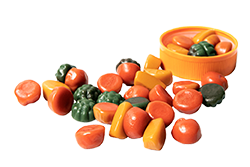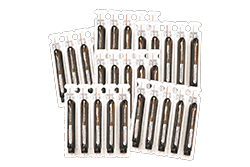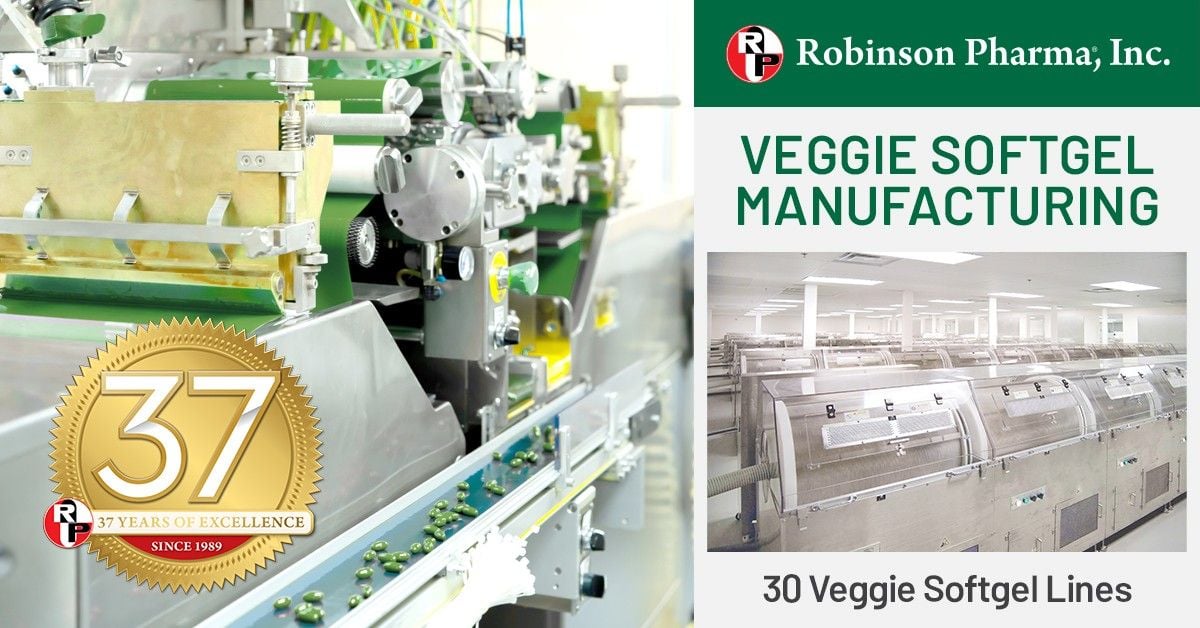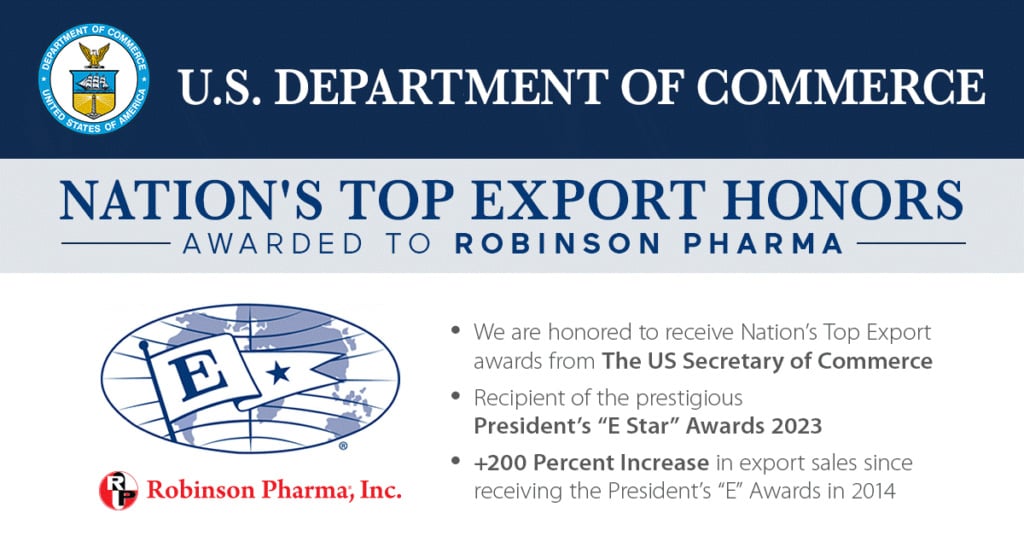Do you need the best in pricing, quality, and turnaround time?
Robinson Pharma is your one-stop, total solution for supplement manufacturing.
We have a simple three-step process to make a purchase:
Fill out the information form below.
We’ll contact you to schedule a phone call, talk through the details, and write a quote.
We will create, package, label, and ship to meet your needs.
Our Capacity

7
Billion / Year
Gummies

20
Billion / Year
Softgel Including Veggie

14
Billion / Year
Solid Dosage: Tablet / Capsule

100,000
Metric Ton / Year
Powder

130
Million / Year
Bottle

90
Million / Year
Blister

150
Million / Year
Sachet / Pouch / Stickpack

400
Million / Year
Liquid Ampoule
BEST IN THE INDUSTRY WITH
9 STATE-OF-THE-ART BUILDINGS
Combined Approaching 1 Million Sq. Ft.
What Makes Robinson Pharma Unique?
Robinson Pharma is your total solution for supplement manufacturing. We are able to formulate, create, package, label, and ship to meet your needs.
Continue Reading…
Key Benefits:
More than 30 Years Experience as a Respected Industry Leader
Production Capacity to Meet Your Needs
Diverse Offerings, Including:
Private Labeling
Custom Formulation
A Wide Range of Product Types (Gels, Capsules, Tablets, Powders, Liquids, and More)
When you work with Robinson Pharma, you get a single, integrated solution from creation to packaging to shipping. Our integrated approach, along with our economies of scale, allow us to offer a single, no-hassle outcome with the best combination in pricing, quality, and turnaround time.
Do you need a one-stop, total solution for your supplement manufacturing? Contact us today for a quote.



